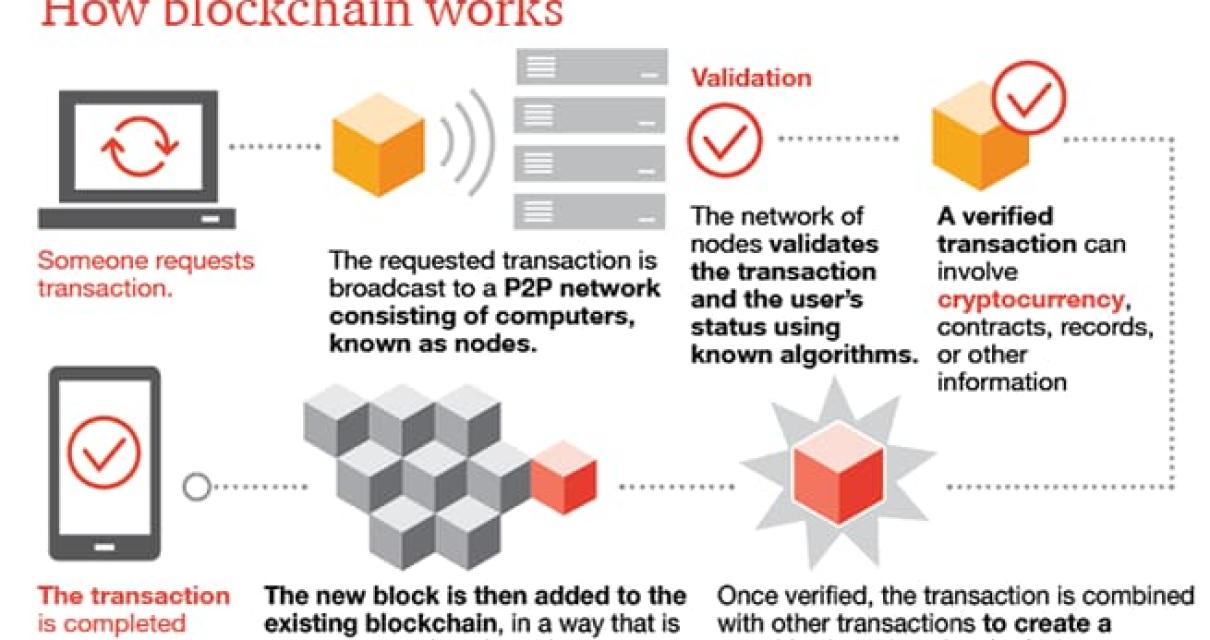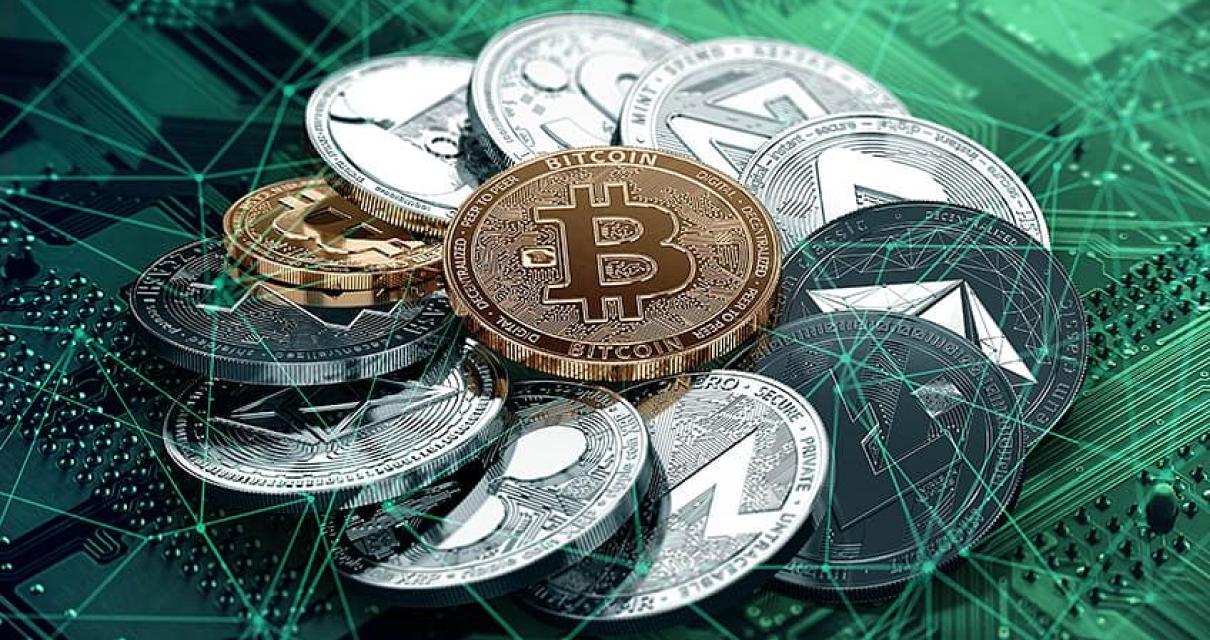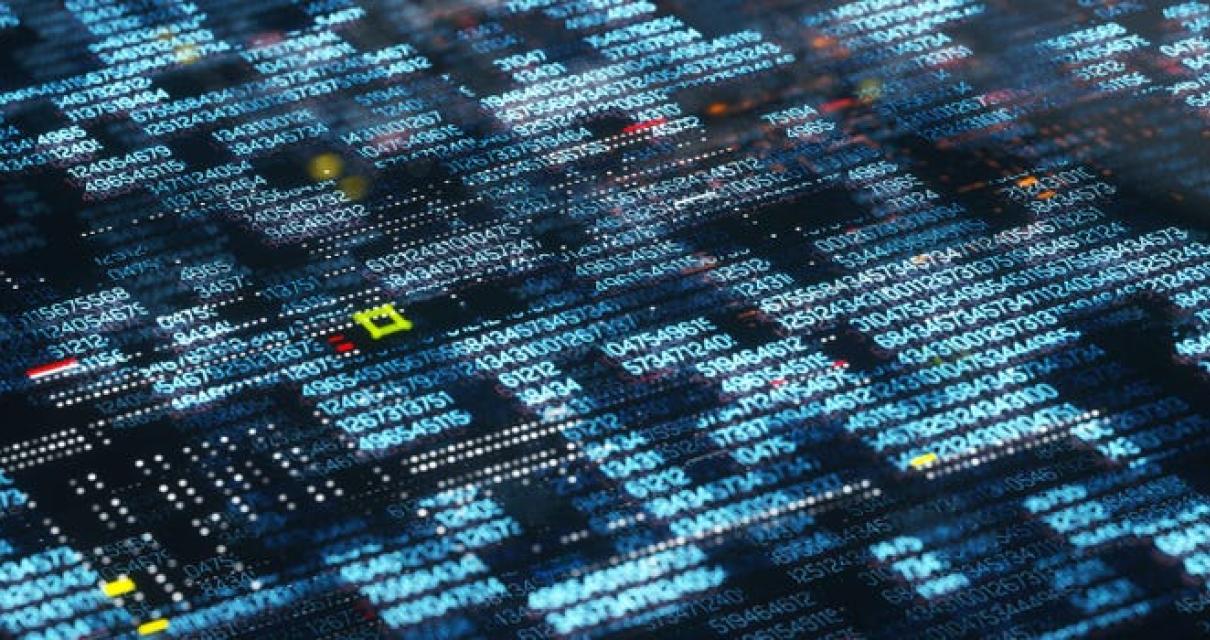What is Blockchain?
A blockchain is a digital ledger of all cryptocurrency transactions. It is constantly growing as “completed” blocks are added to it with a new set of recordings. Each block contains a cryptographic hash of the previous block, a timestamp, and transaction data. Bitcoin nodes use the block chain to distinguish legitimate Bitcoin transactions from attempts to re-spend coins that have already been spent elsewhere.
What is Cryptocurrency?
Cryptocurrency is a digital or virtual currency that uses cryptography to secure its transactions and to control the creation of new units. Cryptocurrencies are decentralized, meaning they are not subject to government or financial institution control. Bitcoin, the first and most well-known cryptocurrency, was created in 2009.
How do Blockchain and Cryptocurrency Work?
Blockchain is a decentralized database that stores information about cryptocurrency transactions. Cryptocurrency is a digital or virtual currency that uses cryptography to secure its transactions and to control the creation of new units.

The Benefits of Blockchain and Cryptocurrency
There are many benefits of blockchain and cryptocurrency technology.
1. Security: Blockchain is highly secure because it uses a decentralized network of nodes to verify and record transactions. This makes it difficult for hackers to steal or manipulate data.
2. Cost savings: Because blockchain is decentralized, it eliminates the need for third-party services. This can save businesses money on costs like fees and commissions.
3. Transparency: Because blockchain is transparent, everyone can see how funds are being spent. This helps ensure that transactions are legitimate and fair.
4. Speed: Transactions on a blockchain are almost instantaneous, meaning that businesses can quickly and easily conduct transactions without delays.
5. Trust: Because blockchain is decentralized, people can trust it to be accurate and secure. This makes it a popular choice for applications such as cryptocurrencies and smart contracts.
The Risks of Blockchain and Cryptocurrency
There are a few risks associated with blockchain and cryptocurrency.
The first risk is that blockchain technology is still in its early stages, and there are still many unresolved technical issues. This could lead to problems with the technology, including security breaches and errors.
The second risk is that cryptocurrencies are not backed by any real assets, and there is no government or financial institution responsible for their protection. This means that they could be subject to financial instability, and their value could be affected by events such as a financial crisis.
The third risk is that blockchain and cryptocurrency are used mainly by criminals to launder money and finance criminal activities. This could lead to instability in the market and increased law enforcement activity.
Finally, there is the risk that blockchain and cryptocurrency will not live up to the hype, and will not be able to revolutionize the way we do business.
The Future of Blockchain and Cryptocurrency
There is no doubt that blockchain and cryptocurrency are here to stay. They are revolutionizing the way we do business, and they have the potential to change the way we live our lives.
As blockchain and cryptocurrency continue to grow in popularity, there are a number of interesting developments that are sure to happen. Here are five things that we can expect to see in the future of blockchain and cryptocurrency:
1. More widespread use
In the past few years, blockchain and cryptocurrency have seen a lot of growth. This growth is likely to continue in the future as more people learn about them and start using them.
2. More use cases
As blockchain and cryptocurrency become more popular, we will see more use cases for them. This includes things like using them to purchase goods and services, as well as to pay for things like tuition and rent.
3. More widespread adoption
As blockchain and cryptocurrency gain more widespread adoption, we will see more companies and governments adopting them. This will lead to a wider variety of applications and use cases for them.
4. Greater security and stability
As blockchain and cryptocurrency become more widespread, they will become more secure and stable. This will make them more reliable and easier to use, which will further increase their popularity.
5. Greater transparency and openness
As blockchain and cryptocurrency become more popular, we will see greater transparency and openness in their operations. This will make it easier for people to understand how they work and what benefits they offer.

How to Invest in Blockchain and Cryptocurrency
There is no one-size-fits-all answer to this question, as the best way to invest in blockchain and cryptocurrency depends on your individual circumstances and investment goals. However, some tips on how to invest in blockchain and cryptocurrency include:
1. Do your homework.
Before investing in any type of cryptocurrency or blockchain, it is important to do your research and understand the risks involved. This includes understanding the technology, the associated risks, and the market conditions.
2. Diversify your holdings.
When investing in cryptocurrencies and blockchain, it is important to diversify your holdings. This means investing in a variety of coins and tokens across a number of different markets. This will help to reduce the risk of any one investment going sour.
3. Consider seeking professional advice.
If you are new to cryptocurrencies and blockchain, it is advisable to seek professional advice. This includes speaking to an investment advisor or financial planner who can help you assess your risk tolerance and advise you on the best way to invest in these technologies.

The Pros and Cons of Blockchain and Cryptocurrency
There are a lot of pros and cons to blockchain technology and cryptocurrency. Here are the key pros and cons of both:
Pros of Blockchain
1. Decentralized: Blockchain is a decentralized system, meaning that there is no central authority that regulates or controls it. This makes it immune to censorship and fraud.
2. Immutable: Once a transaction is recorded on the blockchain, it cannot be altered or deleted. This makes it an effective way to track and verify transactions.
3. Secure: Blockchain is secure because it uses a distributed network of computers to keep track of transactions. This makes it difficult for hackers to steal information or money.
4. Anonymous: Users can remain anonymous while using blockchain technology, which makes it an ideal platform for illegal activities such as drug trafficking and money laundering.
5. Guaranteed accuracy: Because blockchain is a digital ledger, it is always accurate and up-to-date. This makes it an ideal way to verify and track the movement of money and assets.
6. Low cost: Blockchain technology is relatively inexpensive to use, which makes it a good option for small businesses and individual consumers.
7. Fast: Transactions on a blockchain are processed quickly, which makes it an ideal platform for online businesses.
8. Flexible: Blockchain can be used in a variety of ways, including as a way to manage currencies, property titles, and other assets.
9. Open-source: Blockchain technology is open-source, which means that anyone can access the code and make modifications to it. This makes it more powerful and versatile than traditional systems.
10. democratic: Because blockchain is based on a decentralized system, it is democratic in nature. This means that anyone can participate in the development process and make suggestions.
Cons of Blockchain
1. High costs: Blockchain technology can be expensive to use, especially if you want to create a custom system.
2. Limited scalability: Blockchain technology is not suitable for large-scale applications, such as social media platforms or e-commerce websites.
3. Slow: Transactions on a blockchain are slow compared to traditional systems, which can frustrate users.
4. Volatile: The price of cryptocurrencies, such as bitcoin, can fluctuate rapidly, which can be dangerous for investors.
5. Insecure: Because blockchain is a digital system, it is vulnerable to hackers who can steal information or money.
6. Unstable: Cryptocurrencies, such as bitcoin, are unstable, which can lead to significant financial losses for investors.
What Experts Say About Blockchain and Cryptocurrency
Experts in the blockchain and cryptocurrency industries have a lot to say about these new technologies. Here are some of the most common thoughts about blockchain and cryptocurrency:
1. Blockchain is a secure and transparent digital ledger of economic transactions that can be used to record the history of any kind of asset.
2. Cryptocurrency is a digital or virtual asset designed to work as a medium of exchange that uses cryptography to secure its transactions and to control the creation of new units.
3. Cryptocurrencies are decentralized, meaning they are not subject to government or financial institution control.
4. Many experts believe that blockchain technology has the potential to revolutionize many industries, including finance, healthcare, and supply chain management.
5. Some people believe that cryptocurrencies will eventually become a mainstream form of currency, while others believe that they will only become a speculative investment vehicle.
FAQs About Blockchain and Cryptocurrency
1. What is blockchain?
Blockchain is a distributed database that maintains a continuously growing list of records, called blocks, which are linked and secured using cryptography. Each block contains a cryptographic hash of the previous block, a timestamp, and transaction data. Bitcoin, the first and most well-known cryptocurrency, is based on a blockchain.
2. What is a cryptocurrency?
A cryptocurrency is a digital or virtual asset designed to work as a medium of exchange that uses cryptography to secure its transactions and to control the creation of new units. Cryptocurrencies are decentralized, meaning they are not subject to government or financial institution control. Bitcoin, the first and most well-known cryptocurrency, is based on a blockchain.
3. Why is blockchain important?
Blockchain is important because it provides a secure, tamper-proof way of managing transactions. It also allows for the creation of new cryptocurrencies and other decentralized applications.